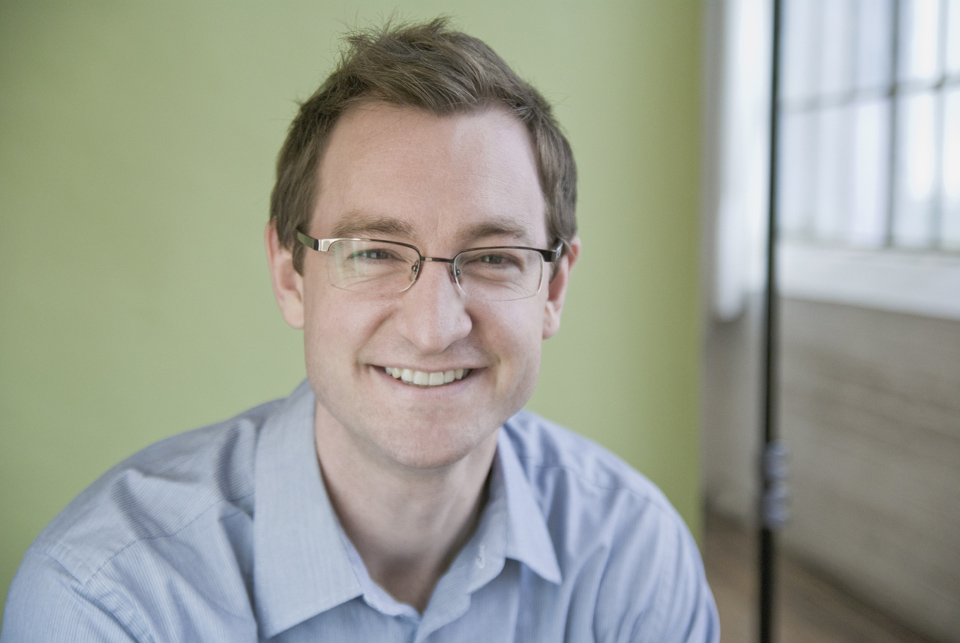Discover why acupuncture is fast becoming the most popular natural therapy for men and women dealing with infertility.
Infertility Statistics
For many adults, starting a family should be the most exciting and fulfilling time in their lives. However, for around 25% of the population, conception can end up being a frustrating and stressful process which can ultimately lead to emotional and financial strain.
For couples to be considered infertile, they must try to conceive for at least one year without success. Despite the fact that our bodies were designed to create, there are many complications that can occur during the process of conception.
It is a surprise to many that the causes of infertility are fairly equally spread out between the sexes. That’s right guys: you and your army of sperm are responsible for around 40% of infertility cases. Not enough sperm, oddly shaped sperm, slow sperm and a few other abnormalities can all contribute to male factor infertility.
For women, it is around 50%, not a surprise to most, as the female reproductive system is complicated, with many possible problems arising. Issues such as hormone imbalances, poor ovarian reserve and blocked fallopian tubes can all contribute to a couple’s inability to conceive. It is also possible that both the male and female may be contributing to their infertility, which is why some health professionals encourage both partners to enroll in treatment. The remaining 10-20% are known as idiopathic cases – unknown causes…easily the most frustrating diagnosis for seemingly healthy couples.
Weighing Your Options
When couples decide that they are ready for help, they are often referred to a fertility specialist for tests to find out what may be going wrong (if anything). The results of these tests will help the fertility specialist decide what procedure will be best for the couple to try. Typical treatment options are IVF, ICSI, IUI, GIFT and ZIFT. Simply put, many of these therapies require females to take hormones in an attempt to regulate and enhance the process of ovulation and implantation. While these procedures can be successful, they are both a time and financial commitment which most couples cannot afford to make.
Because of these financial strains, more and more couples are turning to natural therapies to help them conceive. Some of these therapies can be used independently or in conjunction with IVF and other medical procedures. The most common of the natural therapies is the use of acupuncture and Traditional Chinese Medicine (TCM).
Acupuncture for Infertility: What Recent Research Tells Us
Everyone who comes into the acupuncture clinic wants to know one thing: “How does acupuncture work anyway?”. If you are an acupuncturist, you’d better have an answer. There are two possible answers to this important question. One explanation is based on using the poetic framework of Traditional Chinese Medicine (TCM), which refers to “energy” and “meridians” and explains how we balance your “Qi”. Although this explanation is beautiful in its own way, it can be tough for those who do not have a degree in Chinese medicine to understand. The second explanation uses modern scientific evidence from popular medical journals. Although less poetic in its explanation, clients seem to appreciate these more familiar terms.
The Acupuncture-Brain Connection
A number of very interesting changes occur in the body when an acupuncture point is stimulated…most notably, changes in the brain. Recent fMRI studies have confirmed this connection. When it comes to treating infertility with acupuncture, scientists have concluded that acupuncture stimulates endorphins which impact our gonadotropins (LH and FSH). These hormones influence and regulate the functioning of the testes and the ovaries. The better the reproductive organs function, the better the chance at conception. Moreover, this stimulation appears to influence blood flow to the uterus, creating favorable conditions for implantation. Basically, acupuncture appears to regulate our hormone production. Regulated hormones can mean regular menstruation, timely ovulation, ideal implantation and overall, an ideal environment for conception.
Stress also plays a role with fertility. Stress from work, financial stress and personal problems all contribute to hormonal disturbances and therefore will have an effect on fertility. You may know someone who has gone through a stressful event and skipped her period. This is the body’s way of saying “You seem busy…why don’t we take the focus off of your menstrual period and focus on this other problem that you’re having first.” Acupuncture is well-known for its stress reducing effects and acts as a beneficial “side-effect” for those going through the fertility treatment process.
Chinese Herbal Medicine for Fertility
Although most infertility research has focused on acupuncture, Chinese herbal medicine cannot be overlooked. When prescribed properly, Chinese herbal medicine can regulate the menstrual cycle to provide the perfect “soil” to plant the “seed.” Many herbs are also very effective at increasing male fertility and can treat problems such as erectile dysfunction and low sperm count. Be sure to use caution when taking herbs; they are powerful medicine and should only be prescribed by practitioners with specific training in traditional Chinese herbal medicine.
Acupuncture and IVF: Better Together
Much of the recent acupuncture research has focused on Assisted Reproductive Technologies (ART) like IVF (In-Vitro Fertilization). A recent article published in the British Medical Journal (March 2008) concluded that “evidence suggests that acupuncture given with embryo transfer improves rates of pregnancy and live birth among women undergoing in vitro fertilisation (IVF).” These findings exemplify the power of “integrated medicine,” the ultimate in East meets West.
Integrated Medicine: The Future of Fertility Success
Current fertility methods like IVF are truly miracles of modern science. Yet these techniques tend to neglect areas which play vital roles in our health which can affect our fertility. Areas such as emotional health, sleep, dietary choices and stress management are often forgotten. Fortunately, many fertility specialists and medical doctors are starting to acknowledge the current research and are now promoting services such as acupuncture to couples who are interested in a more integrated approach to their health. If you are interested in how acupuncture can “enhance the soil to plant the seed,” visit your local practitioner of TCM and experience the positive effects of acupuncture.
If you’re ready to find out how acupuncture can help you conceive, book with Drew today.



Questions and comments are welcome!
Have a great day.
Drew